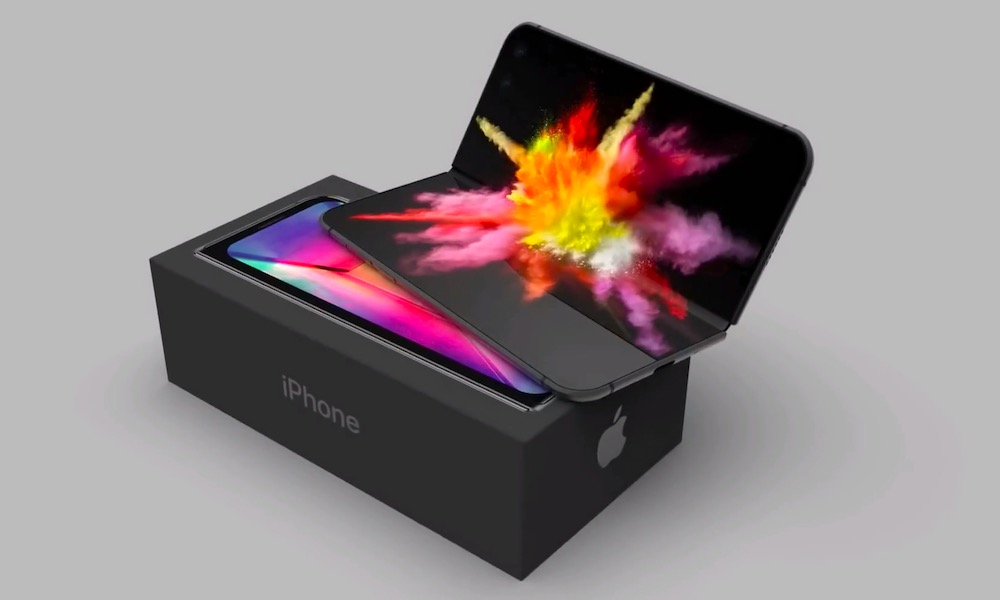Here’s What Apple Gave up to Settle Nasty Legal Battle with Qualcomm
 Credit: EverythingApplePro
Credit: EverythingApplePro
Toggle Dark Mode
Apple and Qualcomm this week put an end to the bitter legal battle between them. But for Apple, the settlement didn’t come for free.
In fact, Apple likely paid between $5 and $6 billion to Qualcomm to settle the ongoing litigation, according to a UBS note to investors penned by analyst Timothy Arcuri (which was seen by CNBC). That’s a one-time payment that Arcuri based on outstanding royalty payments that Apple stopped paying when the dustup between the two firms began.
UBS estimates that Apple probably also agreed to pay between $8 and $9 per iPhone in patent royalties. That’s based on Qualcomm’s recent earnings guidance, in which the San Diego chipmaker said it expected earnings-per-sharing to increase by $2 in the wake of the settlement.
While UBS’s estimate is just an estimate, it does suggest that Apple had to fork over quite a bit of money to end the torturous legal that that stretched across the globe.
Interestingly, an $8 to $9 royalty payment per iPhone is actually higher than the $7.50 in royalties it previously paid, Apple COO Jeff Williams said in an FCC trial.
But the litigation between the two companies was undoubtedly a serious threat to Apple’s ability to innovate with its iPhone lineup.
Past reports indicated that Intel was running into trouble with its 5G development and would probably not have a 5G modem in time for the 2020 iPhone. In fact, a day after Apple and Qualcomm announced their settlement, Intel said it was exiting the 5G modem business.
That impending exit likely put pressure on Apple to settle with Qualcomm. While the Cupertino tech giant is thought to be developing first-party modem technology, an iPhone with a proprietary 5G chip probably wouldn’t have made it to market for at least a few years.
The fact that the Apple-Qualcomm settlement included a multiyear chipset supply agreement seems to line up with the fact that Apple is prioritizing getting a 5G iPhone on store shelves sooner than later.
All of this is to say that Apple is probably going to return to using Qualcomm chips, including the company’s new 5G modems, in its future iPhones — at least for the foreseeable future.
Since the settlement, Qualcomm stock is up 38 percent and Apple shares are trading two percent higher.






